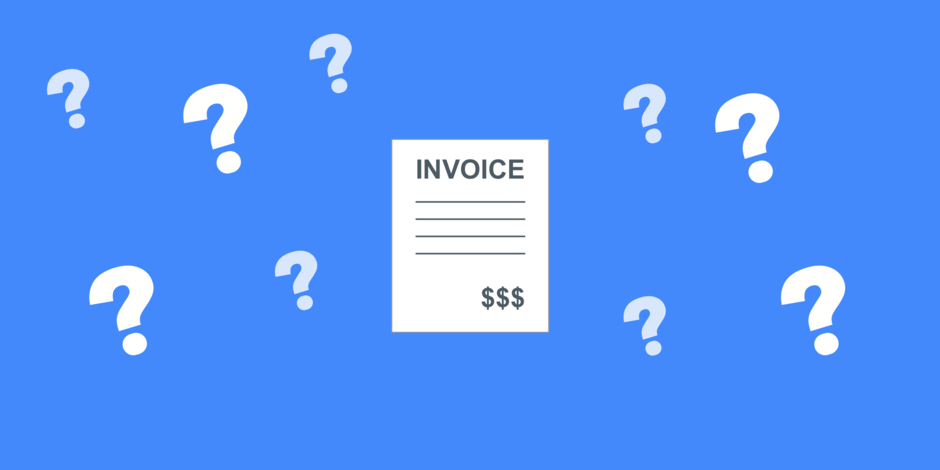Creating an invoice is easy, but it must contain some default information to be valid and in line with the law.
Basic data:
- Your company name and that of your customer (if applicable)
- Your full address (the address where your company is registered and that of your customer) and that of your customer.
- Your VAT number and that of your customer (if applicable)
- Your payment details
- The date the invoice was made.
- A unique invoice number. You are free to choose this number, but make sure that it increases with each new invoice.
- A detailed description of the goods or services delivered and their quantity.
- The total amount excluding VAT
- The VAT rate (if applicable)
- Total amount including VAT
- Payment term in which the customer is obliged to pay.
- General terms and conditions
With or without VAT
As a self-employed entrepreneur, you are, in most cases, liable for VAT. However, there are some exceptions. Some liberal professions and professions with a social character can be exempted from the VAT obligation.
By default, you must therefore always charge VAT on your invoices unless you practice a profession that is exempt from the VAT obligation or you have a business whose turnover is less than EUR 25,000.
In the latter case, you are also obliged to mention the following text at the bottom of your invoice:
"Small enterprise subject to the tax exemption scheme. VAT not applicable."
Payment terms
It is tempting to issue an invoice where the payment term falls on the day the invoice was issued. The problem with this is that not all companies can comply with this regulation. In some cases, it is also not legal.
By default, customers and businesses expect to have 30 days to pay an invoice. However, nothing stops you from using different payment terms, but be clear about this with your customer.
General terms and conditions
Not unimportant are the general terms and conditions that you can add to your invoices or quotes. You can see the general conditions as the rules under which a service or good is delivered.
This can include everything:
- Transport costs
- What happens in the event of late payment
- Transfer of intellectual property
- ...
After all, an invoice is a binding contract between you and your customer. General conditions serve as proof for both parties in case of misunderstandings and disagreements. Each party knows the rules and chooses to agree.
Pro tip: In Bizzey you can automatically add general terms and conditions to your offers and invoices.
